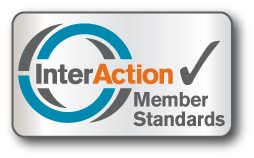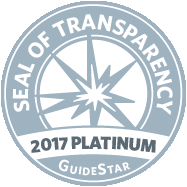Mudula Primary School teachers being trained on sign language in advance of Monday's school opening
First-Ever Educational Opportunities for the Disabled
There are 39 primary schools in the Tembaro District and none of them has ever been open and accessible to children with disabilities. As a result, thousands of young disabled children in the district have no formal opportunities to learn in school, engage with other children, and thrive as they grow older – a situation that will propel most of them towards a life of isolation and poverty.
On Monday, we will start to change this story. As part of WEEMA’s commitment to people with disabilities, we have outfitted the district’s first school, the Mudula Primary School, with wheelchairs, an entrance ramp, classroom resources, and a trained staff who can teach in sign language and support other special needs. More than 30 disabled children – a mix of boys and girls – are registered to attend. All will be entering school for the first time.
This historic moment is the result of a concerted community effort. Teachers, principals, community groups, the government sector office, parent associations, and even the children themselves have all been involved at every step in designing and executing the project – the first of what we hope will be many schools in the district providing access to disabled students.
Ethiopia has an estimated 15 million people with disabilities – 17 percent of the population – and most of them live in rural areas. These populations encounter many disadvantages and are often subject to stigma and discrimination. They are also disproportionately poorer and are largely excluded from political and civil processes that could give them a voice.
Last year we launched a program to empower children with disabilities and build positive attitudes across the entire community. Mudula Primary School, the largest in Tembaro, was chosen as our first target school.
We started the two-year project by holding awareness-raising sessions with all of the stakeholders. Next, we trained teachers and staff on inclusive education. The final step was making the physical improvements, including leveling the land around the school and equipping the classrooms with special furniture. Montessori materials, an abacus, and braille paper are also being provided. To make sure we got everything right, all of the disabled students recently visited the school to see the improvements firsthand and provide feedback.
On Monday, it all becomes real. With nervousness and excitement, more than 30 disabled children will enter the school as full-fledged students for the first time. Next week we will share photos of their first day.



